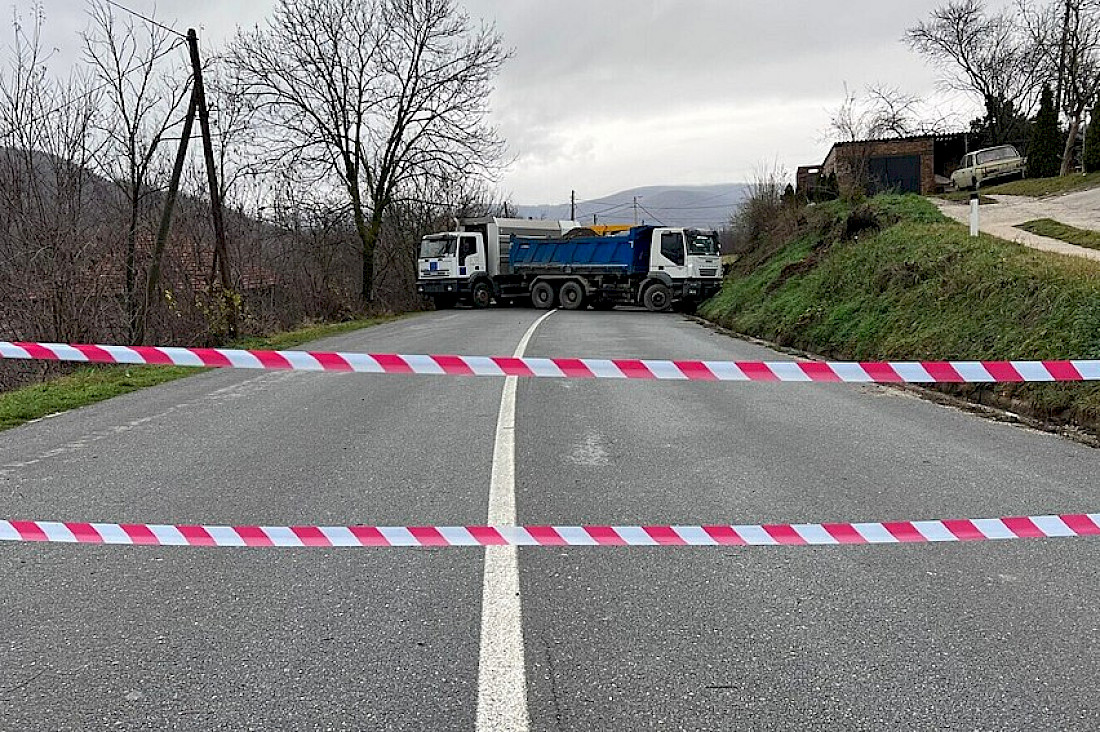Breakthrough or Stalemate? The Prospects and Consequences of the EU Plan for Serbia and Kosovo
Panel
Donika Emini, Executive Director at the CiviKos Platform, Prishtina
Tatjana Lazarević, Editor-in-Chief of the KoSSev portal, North Mitrovica
Maja Bjeloš, Researcher at the Belgrade Centre for Security Policy, Belgrade
Moderation
Florian Bieber, Professor of Southeast European History and Politics and Director of the Centre for Southeast European Studies at the University of Graz
Topic
Recent months have experienced not only significant tensions between Serbia and Kosovo, but also the most substantial attempts of the EU and the USA to improve relations between the two countries. The plan to normalize relations, initially proposed by Germany and France, would include a de facto recognition between the two countries and the establishment of a Serb Association of Municipalities. Key questions remain unresolved, such as the details of the association and the large implication for Kosovo’s international recognition.
Both on the part of the EU and the USA, the agreement - even if it has not yet been signed - is seen as a positive step. However, despite both Belgrade and Pristina initially accepting the proposal for the normalization of relations, it remains unclear whether the plan will succeed and how it will transform relations. The very difficult part is yet to come when an annex on the core issues is negotiated for the agreement.
The discussion will focus on how the plan has been received in both countries and what the potential impact on domestic politics is in both. What are the main challenges and will the agreement change the dynamic between Serbia and Kosovo or will it just lead to a ‘cold peace’?

